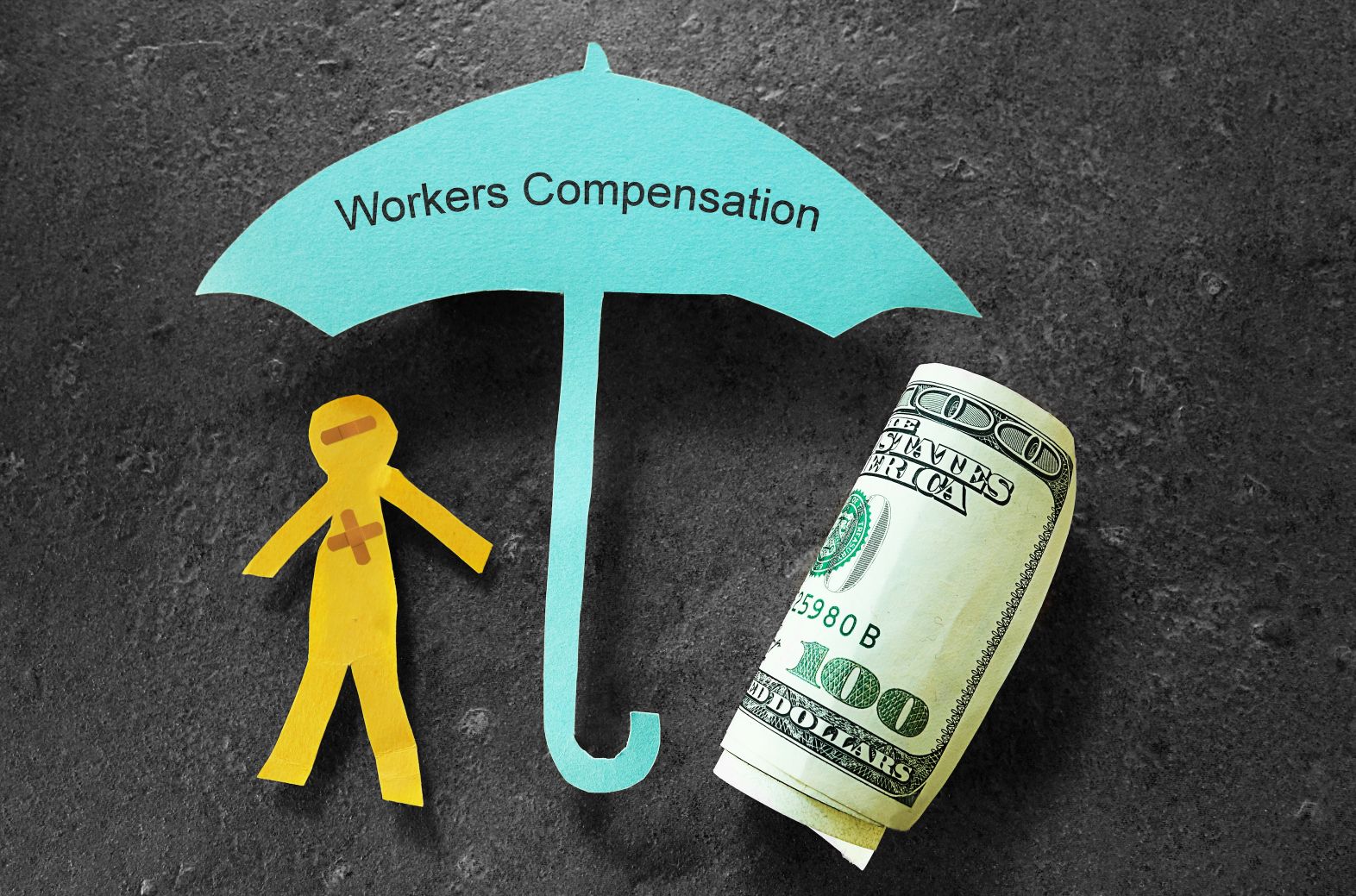How Long Does Workman’s Comp Last?

In Illinois, the length of time an injured worker can receive workers’ compensation benefits depends on the type of injury sustained and which one of four disability categories the injury falls into.

Table of Contents
Collecting Workers’ Compensation Benefits
In Illinois, employers must provide workers’ compensation insurance for their employees. When work-related injuries occur, workers’ compensation pays for the worker’s medical bills, lost wages, rehabilitation and therapy expenses, and disability benefits.
Workers’ compensation benefits for Illinois workers can last from several weeks to several years, depending on the circumstances of the injury. When injuries are especially severe, benefits can last a lifetime. Typically, medical benefits are paid through workers’ compensation benefits as long as treatment is necessary. If a settlement agreement is reached between a workman’s comp attorney and the insurance provider, payment for medical expenses will stop.
Disability Benefits
If a work-related injury leaves the worker disfigured, disabled, or unable to perform normal job duties for an extended period of time, the worker is entitled to disability benefits. Typically, these benefits last until the worker can return to work. Four categories impact payments for disability benefits.
Temporary Partial Disability
Temporary Partial Disability (TPD) benefits are paid to injured workers who can return to work either part-time or on light-duty during recovery. TPD benefits are awarded during recovery and rescinded when a licensed physician determines the worker has reached maximum medical improvement (MMI).
Permanent Partial Disability
Permanent Partial Disability (PPD) means a worker has lost the use or partial use of a body part, such as a hand or leg, or has lost partial use of their body as a whole, leaving them unable to perform the duties they performed before their accident. A Chicago workman’s comp attorney can help with payment choices between wage differential benefits, scheduled injury awards, non-scheduled awards, and disfigurement benefits.
Temporary Total Disability
Temporary Total Disability (TTD) is paid when a worker is temporarily unable to perform his or her normal job duties but is expected to make a recovery and return to work in the future. TTD benefits usually continue until a licensed physician determines the worker has reached maximum medical improvement (MMI) and healed to the fullest extent possible.
Permanent Total Disability
When a worker suffers Permanent Total Disability (PDT) caused by severe injuries such as the loss of both feet, legs, arms, hands, or eyes, or a combination of two different body parts, the worker is paid permanent disability benefits, usually for life.
Articles Similar to “How Long Does Workman’s Comp Last?”
Obtaining Workers’ Compensation for PTSD from Work
When a Patient Attacks a Nurse
How Much Is a Loss of Limb Payment for Workers’ Compensation?
How Long Does it Take a Judge to Approve a Workers’ Comp Settlement?



